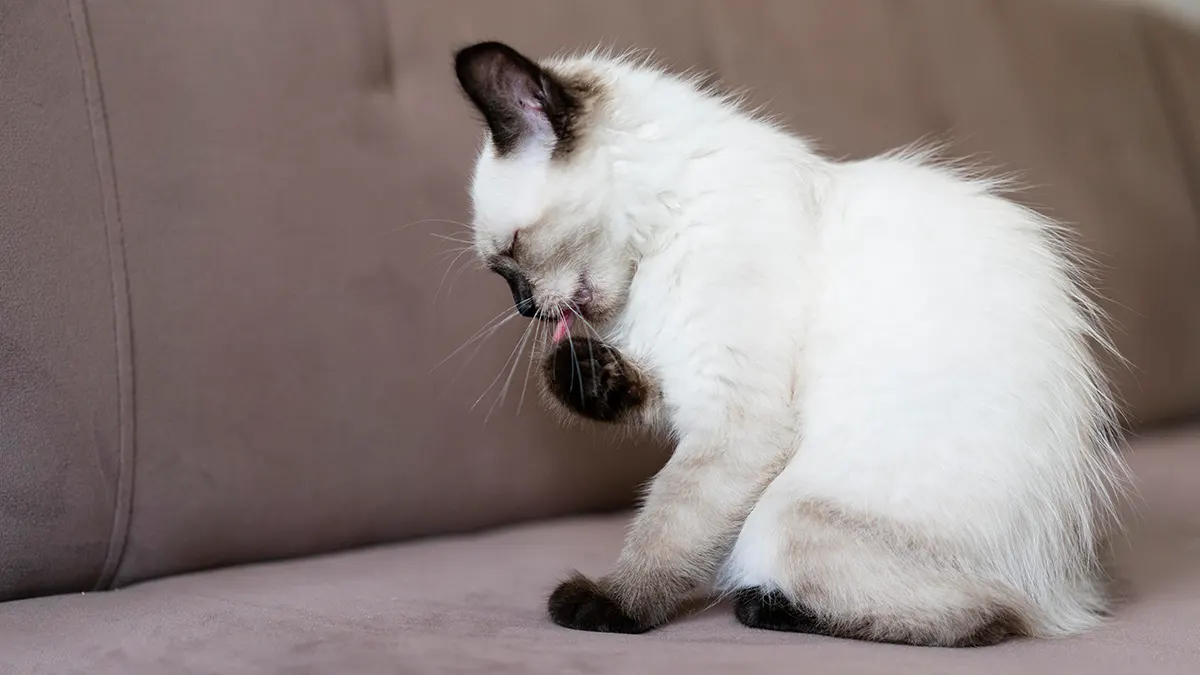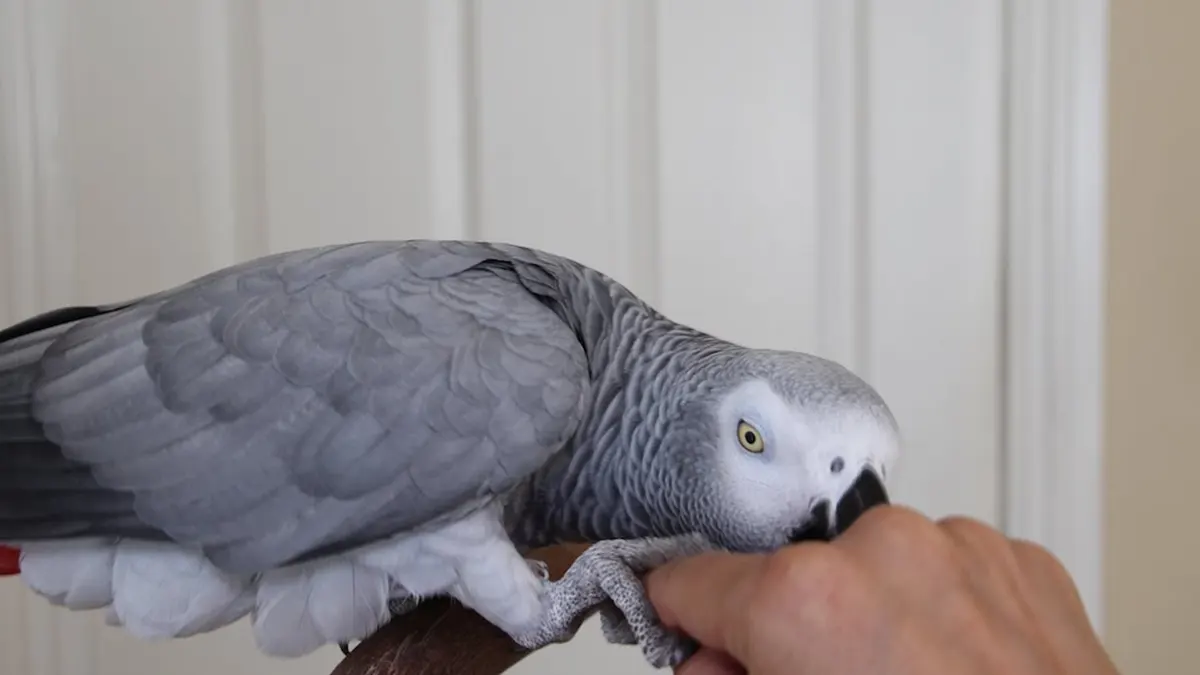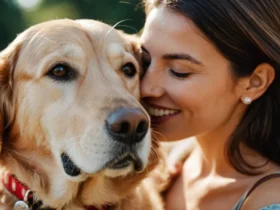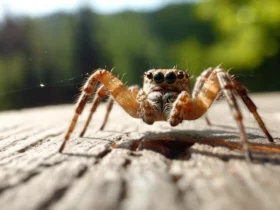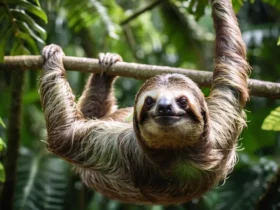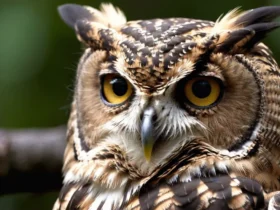Feather plucking is a common yet distressing behavior seen in parrots, where they pull out or damage their feathers. This can be alarming for bird owners as it often indicates underlying issues, ranging from physical health problems to emotional stress. In this article, we will explore the possible reasons why your parrot is plucking his feathers and how you can address this behavior to ensure the well-being of your bird.
Table of Contents
1. Medical Causes of Feather Plucking
Feather plucking is sometimes the result of underlying medical issues. These problems may not always be immediately obvious but can cause significant discomfort or irritation for your parrot.
Common Medical Issues:
- Skin Infections: Bacterial, fungal, or parasitic infections can irritate your parrot’s skin, causing them to pluck their feathers in an attempt to alleviate discomfort.
- Allergies: Parrots can develop allergic reactions to certain foods, environmental allergens like dust or pollen, or cleaning products, which may result in feather plucking.
- Hormonal Imbalances: Changes in hormone levels, particularly during breeding season, can lead to feather plucking.
- Vitamin Deficiencies: A lack of essential vitamins and minerals, especially vitamin A, can contribute to poor feather quality and skin irritation.
- Pain: If your parrot is experiencing pain from an injury or illness, they may pluck feathers near the affected area.
What to Do:
If you suspect a medical issue, it’s important to consult an avian veterinarian. They can perform tests to identify any underlying health problems and recommend appropriate treatments such as medications, dietary changes, or environmental modifications.
2. Behavioral and Emotional Causes
Parrots are highly intelligent and social animals, and they can develop feather plucking habits due to behavioral or emotional reasons. These issues are often linked to boredom, stress, or a lack of mental stimulation.
Common Behavioral Triggers:
- Boredom: Parrots need a lot of mental stimulation to stay happy. Without enough toys, activities, or interaction, they may resort to feather plucking as a way to cope with boredom.
- Loneliness: Parrots are naturally social creatures. If they don’t receive enough attention or interaction, they may become lonely and stressed, leading to feather plucking.
- Stress and Anxiety: Changes in the environment, such as moving homes, a new pet, or a change in routine, can cause stress, prompting your parrot to pluck its feathers.
- Attention-Seeking Behavior: Sometimes, parrots may pluck their feathers because they learn that this behavior gets attention from their owner, even if it’s negative attention.
What to Do:
- Provide Enrichment: Ensure your parrot has plenty of toys, puzzles, and opportunities for mental stimulation. Rotate toys regularly to keep them engaged.
- Increase Social Interaction: Spend more time interacting with your parrot. Consider teaching new tricks, engaging in games, or even providing a companion bird if appropriate.
- Maintain a Routine: Parrots thrive on routine. Try to keep feeding, playtime, and training schedules consistent to reduce stress.
3. Environmental Factors
The environment your parrot lives in can play a major role in feather plucking. Factors such as temperature, humidity, and cleanliness can influence your bird’s health and behavior.
Common Environmental Triggers:
- Dry Air: Low humidity levels can cause dry skin, leading your parrot to pluck its feathers. Parrots thrive in a more humid environment.
- Dirty Cage: A dirty or unclean cage can harbor bacteria and irritants, which can lead to skin infections and discomfort.
- Inadequate Lighting: Parrots need exposure to natural sunlight or full-spectrum lighting to maintain their health. Lack of proper lighting can affect their mood and health, contributing to feather plucking.
What to Do:
- Increase Humidity: Consider using a humidifier near your parrot’s cage to maintain appropriate humidity levels.
- Keep the Cage Clean: Regularly clean your parrot’s cage, ensuring there is no buildup of waste or leftover food.
- Ensure Proper Lighting: Make sure your parrot gets plenty of natural sunlight or install full-spectrum lighting to mimic daylight indoors.
4. Dietary Factors
A parrot’s diet has a direct impact on its overall health, including the condition of its feathers and skin. Nutritional deficiencies or imbalances can result in poor feather quality and lead to plucking.
Common Dietary Issues:
- Poor Diet: Parrots require a well-balanced diet that includes fresh fruits, vegetables, grains, and high-quality pellets. A diet lacking in variety can lead to malnutrition, resulting in feather plucking.
- Lack of Essential Nutrients: Deficiencies in vitamins and minerals, particularly vitamin A, calcium, and protein, can affect feather growth and skin health.
- Overfeeding Fatty Foods: Parrots need healthy fats, but too many fatty seeds or nuts can lead to health problems, which might manifest in feather plucking.
What to Do:
- Provide a Balanced Diet: Ensure your parrot is receiving a balanced diet with a variety of fresh fruits, vegetables, and high-quality pellets.
- Avoid Seed-Heavy Diets: While seeds can be part of a parrot’s diet, they should not be the primary food source. Reduce the number of fatty seeds and nuts to prevent nutritional imbalances.
- Consult a Vet: If you’re unsure about your parrot’s dietary needs, consult a veterinarian who specializes in avian nutrition.
5. Hormonal Changes
Feather plucking can sometimes be associated with hormonal fluctuations, particularly during breeding seasons. Changes in hormone levels can cause discomfort or stress, leading to self-destructive behaviors like feather plucking.
Signs of Hormonal Feather Plucking:
- Seasonal Behavior: Plucking may coincide with the breeding season or times when the parrot becomes more territorial or aggressive.
- Nesting Behavior: Some parrots, especially females, may begin to pluck feathers around their chest or abdomen to prepare a nesting area.
What to Do:
- Minimize Breeding Triggers: Reduce exposure to stimuli that may trigger hormonal behavior, such as nest-like spaces, mirrors, or too much petting in certain areas (like the back or under the wings).
- Consult a Vet: If hormonal changes seem to be a significant issue, consult your avian veterinarian. In some cases, medical treatment may be recommended to manage hormonal fluctuations.
Conclusion
Feather plucking in parrots can be caused by a variety of factors, including medical issues, emotional stress, environmental factors, poor diet, and hormonal changes. Understanding the root cause of the behavior is the first step in addressing it. Whether your parrot is dealing with a health problem or simply needs more mental stimulation, it’s important to consult with an avian veterinarian to get a proper diagnosis and create a treatment plan. With patience and care, most cases of feather plucking can be managed, allowing your parrot to return to a healthy, happy state.



